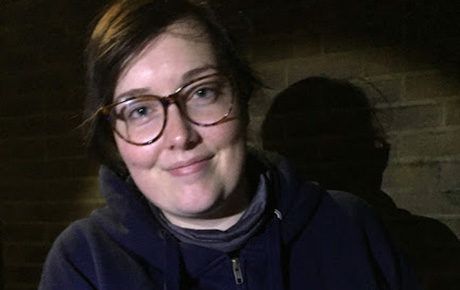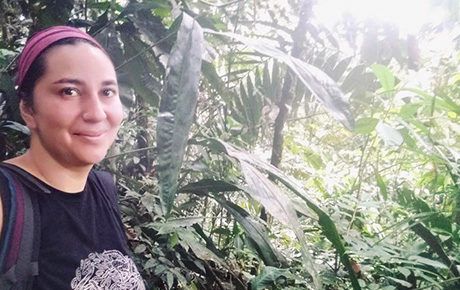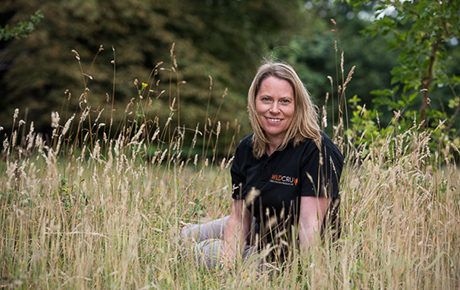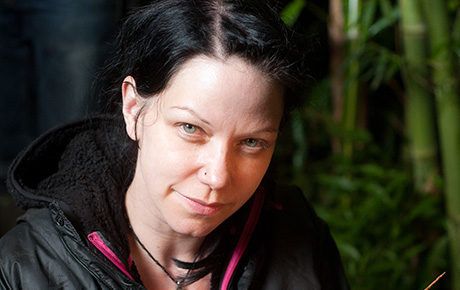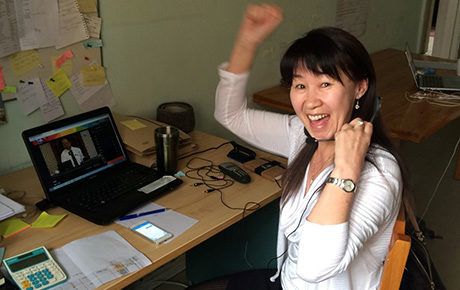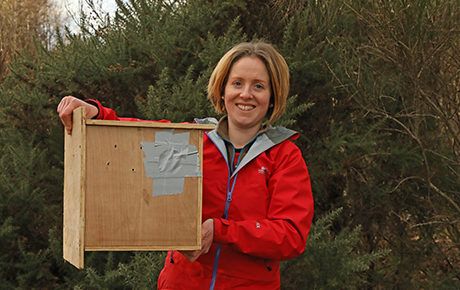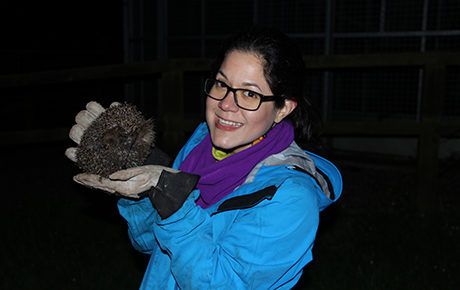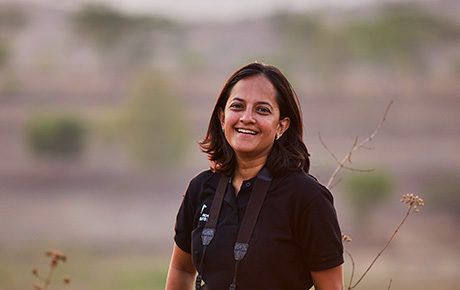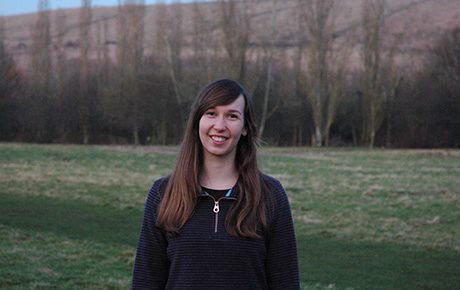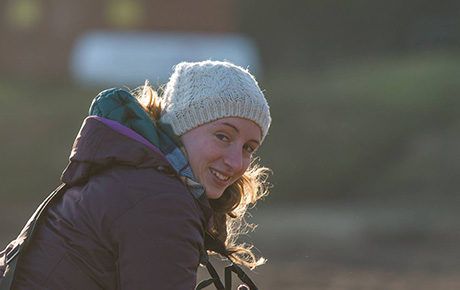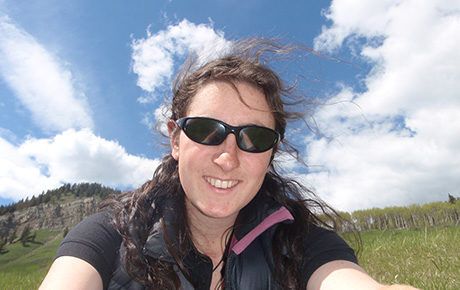International
Women’s Day 2020
#EachforEqual
We are celebrating International Women’s Day 2020 #EachforEqual with our female colleagues leading the way in ground breaking conservation all over the world.
PTES has given over £650,000 to women working in conservation around the globe. Meet these truly inspirational women working to bolster big cat populations, save snow leopards, and restore red squirrels to the UK.

-
Abi Gazzard: Hedgehogs
About AbiUnderstanding how hedgehogs behave in our towns and cities is essential in order for us to create successful conservation strategies. Abi has been studying how hedgehogs use our urban gardens and green spaces.
-
Alma Hernández: Spider monkeys
About AlmaThe Colombian black spider monkeys are one of the rarest and least studied primates in the world. Alma and her team are working with local communities to promote their conservation.
-
Amy Dickman: Lions and other carnivores
About AmyCarnivores are the focus of Amy Dickman’s work in Tanzania. In Ruaha, she’s setting up initiatives so that local communities benefit from living alongside lions and other top predators. As a global expert Amy has been awarded a PTES Conservation Partnership.
-
Anna Nekaris: Slow lorises
About AnnaLorises are hunted for medicine, the pet trade, and suffer from devastating habitat loss. Fewer than 10,000 hectares of rainforest remains in Java, so Anna is working with farmers to make their land suitable for lorises too. Anna is a PTES Conservation Partner in recognition of her exceptional achievements to date.
-
Bayara Agvaantseren: Snow leopards
About BayaraA major threat to snow leopards in South Gobi is unsustainable mining and development. They also suffer from poaching and human conflict. Bayara and her team have persuaded the government to stop all mining in the area. As a leading conservationist she is one of our special Conservation Partners.
-
Becky Priestley: Red squirrels
About BeckyLost from most of the UK, reds need help in areas where grey squirrels are currently not present. Becky is releasing reds into newly planted forests in the Highlands.
-
Jeanne Tarrant: Albany adders
About JeanneAlbany adders are one of the world’s rarest snakes. Their only known location is under threat from opencast mining, wind turbine and road developments. Jeanne runs long term projects to save this species and others from extinction.
-
Jessica Schaus: Hedgehogs
About JessicaWe urgently need to find the best methods for studying hedgehogs. This will help us concentrate our conservation efforts where they are most needed. Jess is trialling a new method of accurately counting hedgehogs.
-
Krithi Karanth: Big cats
About KrithiKrithi works with Wild Shaale, a unique Indian environmental and conservation education programme that encourages children to develop an interest in wildlife and teaches them about conservation.
-
Lauren Moore: Hedgehogs
About LaurenLauren Moore is conducting a long-term study at Nottingham Trent University to determine what impacts roads are having on hedgehogs. We hope her research will help us put in place measures to prevent road deaths.
-
Rachel Bates: Bats
About RachelVery little is known about the impact coppicing has on bats in the UK, many of which have seen drastic declines. Rachel’s research is changing that by studying bat activity during woodland management.
-
Rachel Findlay-Robinson: Hazel dormice
About RachelFluctuations in weather patterns, caused by climate change, are affecting hibernators worldwide so Rachel hopes to determine if and how climatic variation affects dormouse hibernation patterns.

